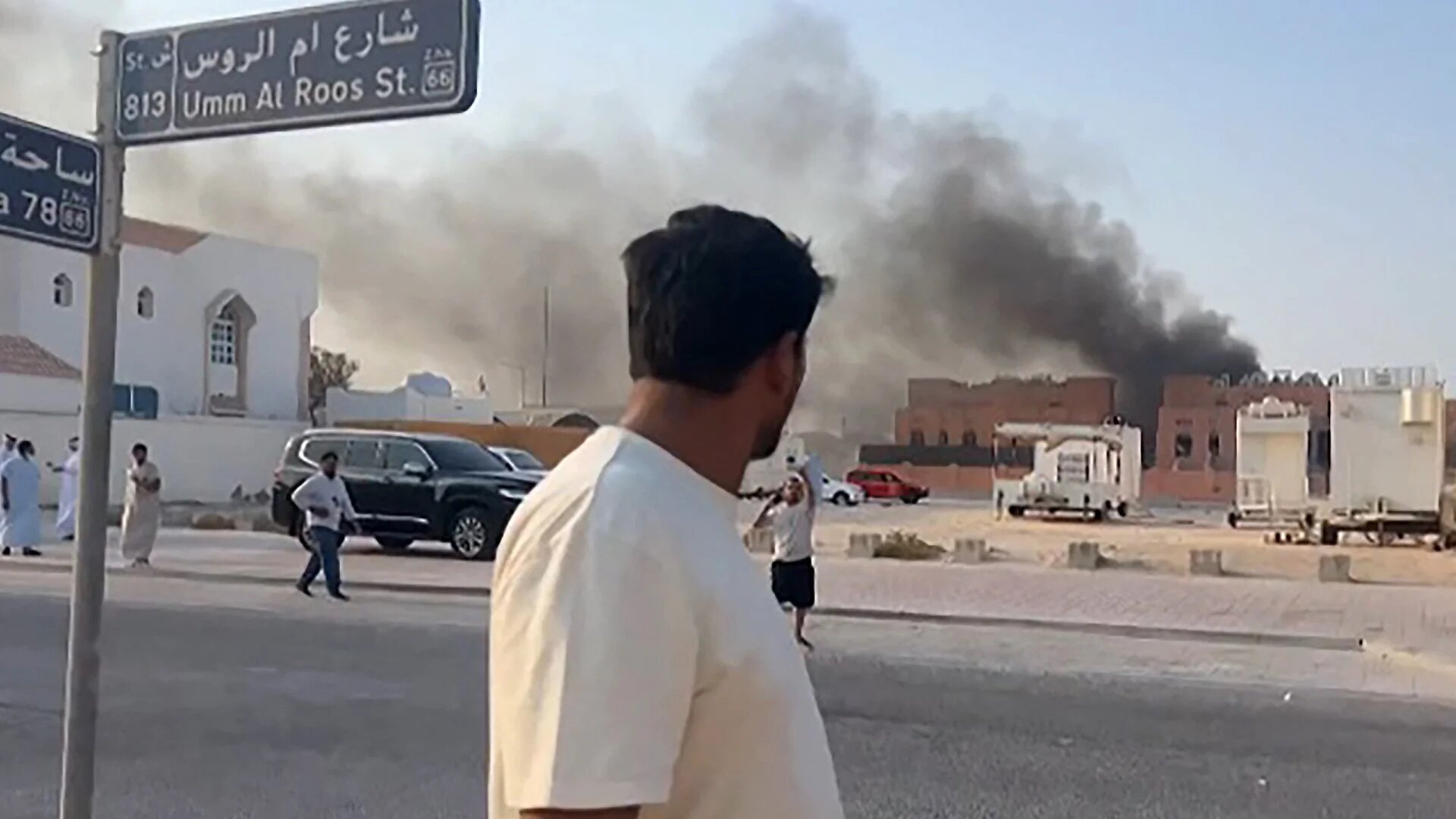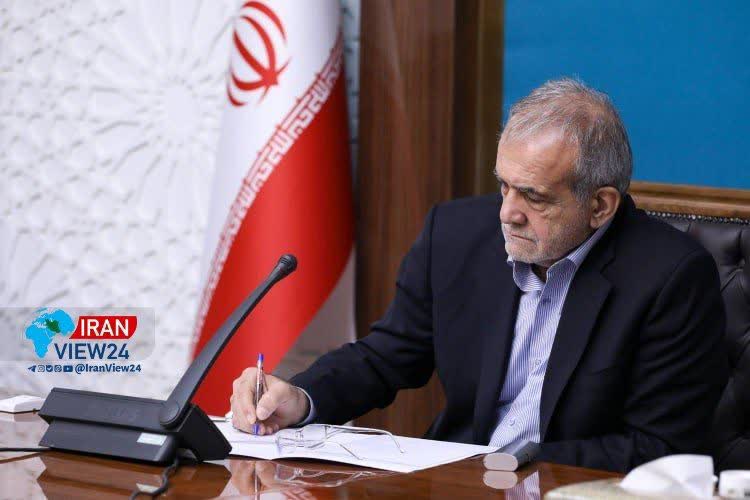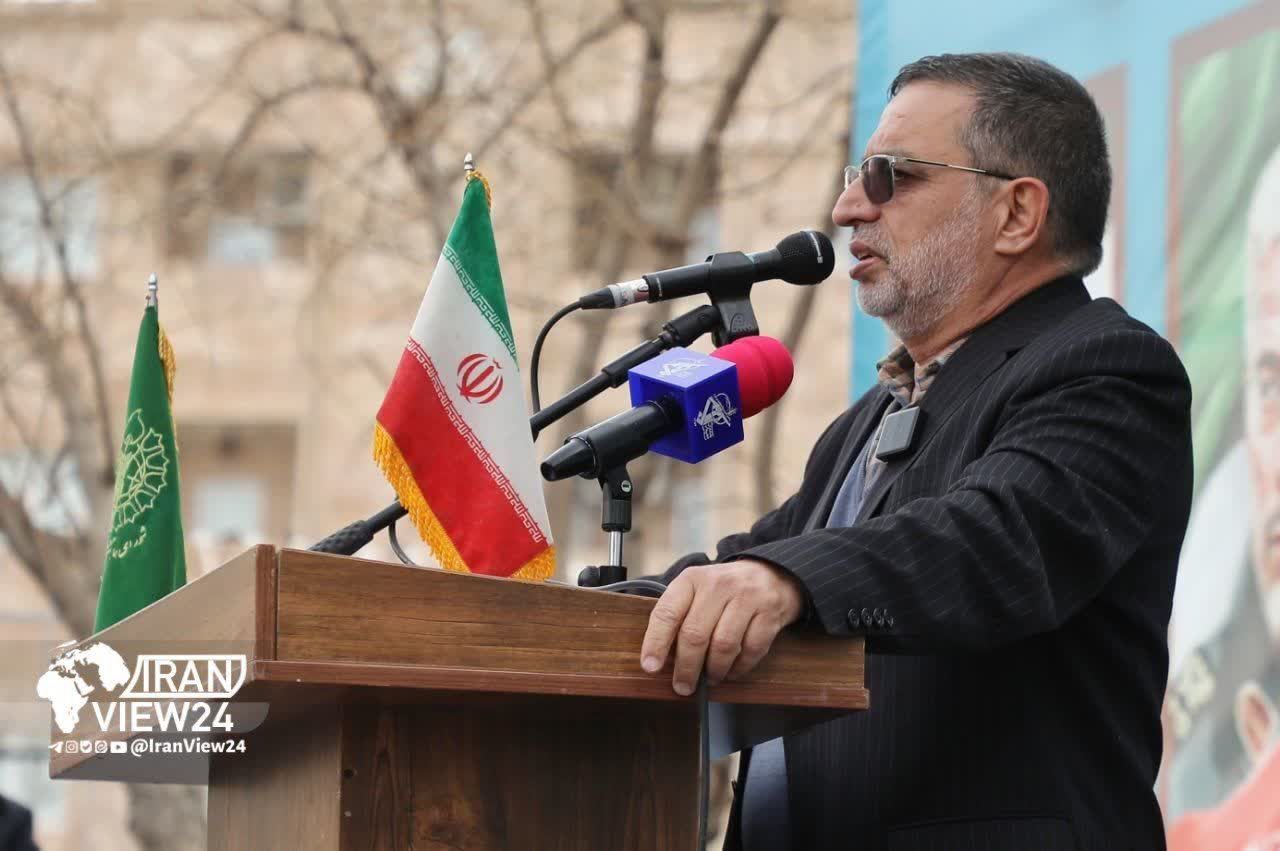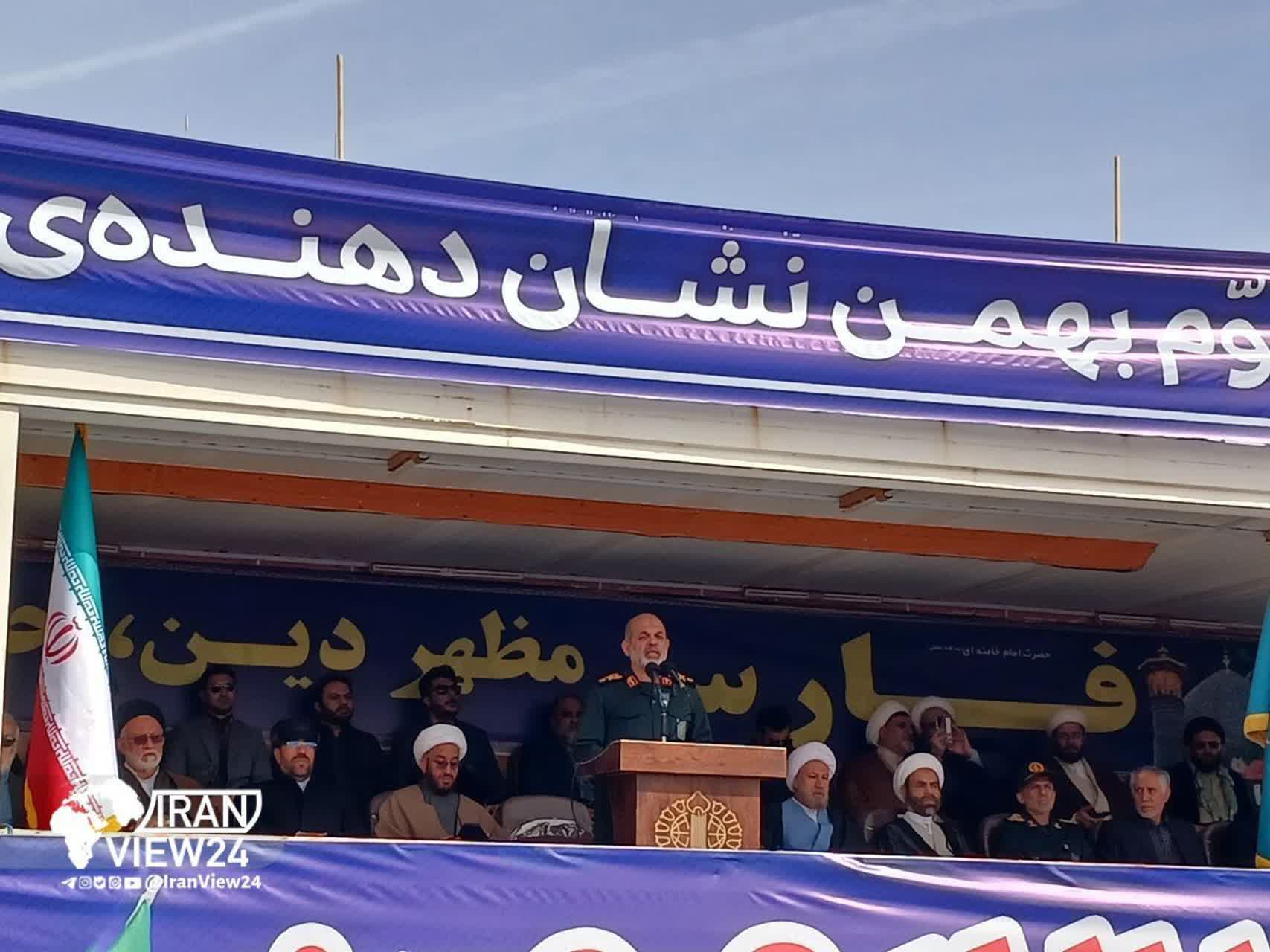Israel’s unprecedented strike on Doha not only targeted the territory of an Arab state but also challenged the very foundations of regional deterrence. The central question now is: How will the Arab world respond to this historic red line being crossed—another silence or a response that changes the rules of the game?
Iran View24 – International
The surprise Israeli attack on Doha—described by numerous international media outlets as an unprecedented assault on the sovereignty of a Persian Gulf state and simultaneously the main host of mediating talks on the Palestinian issue—represents a sensitive and decisive juncture in regional security calculations.
The incident was swiftly met with an official response from Qatar and political support from regional countries, including the UAE and Saudi Arabia, while Western governments globally could not remain silent and expressed their concerns. Nevertheless, the fundamental question remains unanswered: What concrete actions will Qatar and its Arab allies take in response to the collapse of an Arab state’s deterrence?
Given the behavioral patterns of Arab countries—especially during the Gaza war, which resulted in the deaths of nearly 70,000 innocent civilians—many observers doubt Qatar’s ability to mount an effective and proportionate response to Israel’s attack. Analysts also warn of the consequences of Arab inaction in the face of this aggressive strike. According to this perspective, Arab deterrence against Israel is now entirely weakened and in urgent need of reconstruction.
Deterrence, in general, relies on three key elements: capability, will, and clear signaling to the adversary regarding the costs of hostile action.
From this perspective, regardless of the discussion over military capability—which is of secondary importance—if Arab governments fail to respond effectively and in coordination to an attack targeting their territory or that of a regional ally, they become vulnerable on two levels:
-
Will – the capacity to stand firm against aggression. Continued inaction in the face of two years of war and genocide in Gaza, perceived by potential adversaries as weakness, now appears completely meaningless.
-
Signaling – toward domestic audiences and non-state actors (armed groups or public opinion). Government inaction intensifies feelings of insecurity and distrust in their ability to safeguard sovereignty, especially when compared to Iran’s 12-day resistance against Israeli and American incursions, which has become a symbol of steadfastness in the eyes of Arab and pro-freedom publics worldwide.
Thus, the message of Qatar’s limited response to Israel is clear: If reaction is limited to diplomatic condemnation or expressions of regret, without imposing tangible and strategic costs on the aggressor, Israel—and any other actor—will perceive a broader operational space for future aggression. In the short term, this may escalate hostile behavior in sensitive areas, including targeted operations against leaders in third countries, and in the medium term, it will severely undermine official Arab deterrence against cross-border attacks.
However, why might a broad or military response not be on Qatar’s table? Several factors explain this:
-
Security and intelligence dependence on the United States and concerns about direct repercussions or worsening relations with Washington.
-
Clear asymmetry in military capabilities and the risks of direct confrontation with Israel.
-
Economic and energy interests tied to relations with international actors.
-
Preference for managing crises through diplomatic and legal channels to prevent broader cycles of violence.
These constraints justify restraint from military action, but they do not alter the political message of “non-punishment” for the aggressor. Strategists argue that leaving Israel unpunished for attacking Qatar—even if it controls regional escalation—will carry high domestic costs for Arab governments, including diminished legitimacy among publics outraged by Israel’s crimes and genocide in Gaza. This, in turn, could empower non-state actors or provoke more radical engagement, intensifying cycles of mistrust and conflict regionally, and reinforcing the divide between Arab states incapable of protecting one another and expansionist Israel with high capacity and motivation for cross-border action. This dynamic generates a pattern of “distrust erosion” and further weakens the Arab position against Israel.
Potential strategic scenarios for Arab states in response include:
-
Coordinated diplomatic and legal response: Filing complaints in international forums, temporarily suspending diplomatic relations, and leveraging UN mechanisms to apply political pressure. This low-cost option sends an effective message only if coordination is immediate.
-
Targeted economic and relational measures: Revising security-military cooperation, limiting Israeli and U.S. access to intelligence or military bases, or imposing economic sanctions where possible. This is more costly and carries strategic risks but applies real pressure on the aggressor.
-
Limited or asymmetric military action: Less likely, but can have immediate deterrent effect, such as symbolic strikes on Israeli-linked assets elsewhere or discreet support for resistance groups.
-
Institutional initiative within Arab-Islamic frameworks: Establishing new mechanisms under the Arab League or GCC to enhance non-military deterrence via security, cyber, and defense cooperation. While strengthening long-term deterrence, this does not substitute for immediate action to restore Qatar’s and the Arab world’s deterrence.
Clearly, if Arab countries—especially the Persian Gulf powers—respond only symbolically or minimally, their deterrence against cross-border attacks will weaken, both officially and in the eyes of public opinion. This gap will inevitably be noted by potential adversaries. Direct military responses carry high costs and risks and may plunge the region into an endless cycle of escalations. Based on Arab behavioral patterns, the most probable approach will be a multi-layered package combining coordinated diplomatic measures, sanctions, and targeted temporary restrictions on military-intelligence cooperation.
In conclusion, Israel’s unpunished attack on Qatar may prevent a full-scale war in the short term, but in the medium term, it will severely undermine the official deterrence and political legitimacy of Qatar and other Arab states, opening the door for future cross-border attacks. Only an intelligent, multi-layered, coordinated response can impose real, calculable costs on the aggressor, prevent uncontrolled escalation, and restore Arab deterrence.






